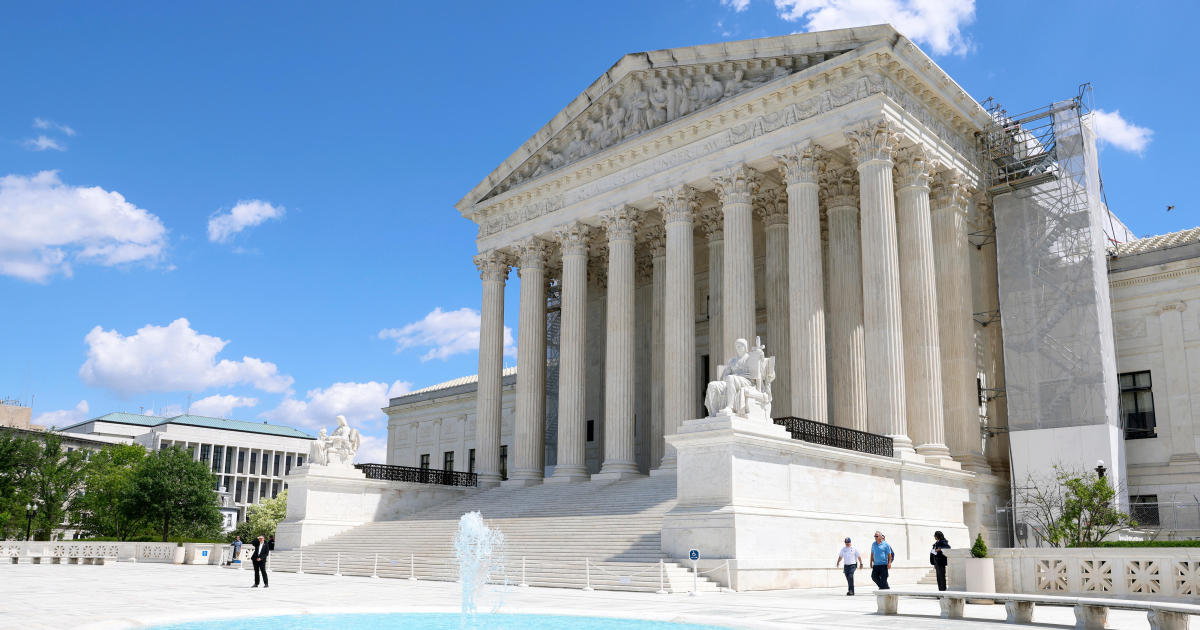Jay Powell disagrees with Donald Trump on nearly everything
- Donald Trump may have appointed Jerome Powell as Federal Reserve chairman, but the two sure do clash.
- Whether it's climate change, the gold standard or how "hot" the economy is, they both go in different directions.
- And if it comes to the point that Mr. Trump told Powell he had to go, the Fed chief says, "My answer would be no."
Federal Reserve Chair Jay Powell not only believes human-caused climate change is real, he agrees it's making weather more severe, he told the Senate Banking Committee Thursday. It's just the latest way in which the nation's central banker deeply disagrees with the president who appointed him.
President Donald Trump has called climate change a "hoax," said global warming goes "both ways" and omitted any reference to the phenomenon in a speech this week that was purported to be about the environment. But it's hardly the most significant way in which the two men disagree. Here's a sampling, taken from two days of Powell's testimony to Congress.
How hot is this economy?
"We are considered far and away the hottest economy anywhere in the world," Mr. Trump said at this year's State of the Union. The president has talked up the economy since he took office, repeatedly pointing to corporate announcements of hiring and bonuses.
Powell disagrees. "3% is a low unemployment rate, but to call something hot, you need to see some heat," he told Congress Wednesday.
Speaking to the House Financial Services Committee, Powell said wages ought to be rising much faster in an economy growing at this rate.
"We don't have any basis or any evidence for calling this a hot labor market," he said. "We have wages and benefits moving up at 3%, which is good because it was 2% a year ago, but 3% barely covers productivity increases and inflation… we haven't seen wages moving up as sharply as they have in the past."
The "wonderful" gold standard
Mr. Trump's latest nominee to the Federal Reserve Board, Judy Shelton, is an advocate for the gold standard. So were Herman Cain and Stephen Moore, two nominees who withdrew from the process. Mr. Trump himself has been equivocal on the gold standard, but he advocated for it on the campaign trail.
"Bringing back the gold standard would be very hard to do, but boy, would it be wonderful," he said in 2016.
"We used to have a very very solid country because it was based on the gold standard," he said in 2015, a few months before he announced his run. "We don't have that anymore."
The U.S. went off the gold standard 48 years ago, and most modern economists agree that the idea would wreak havoc on the economy. Tying the dollar's value to gold limits the supply of dollars, and it would reduce the Fed's ability to respond to economic downturns. On Wednesday, Powell explained why going back to gold wouldn't make sense for the U.S.
"I don't think that would be a good idea," he said, explaining that it would leave the Fed less able to conduct monetary policy.
"You've assigned us the job of two direct real economy objectives: maximum employment and stable prices," he said. "If you [wanted] us to stabilize the dollar to the price of gold, monetary policy could do that, but the other things would fluctuate and we wouldn't care. We wouldn't care if employment went up or down."
"This is why every country in the world abandoned the gold standard some decades ago," he added.
Who can fire the Fed chair?
Mr. Trump has insisted that he has the authority to either fire Powell or demote him from the position of Fed chairman, although most outside experts dispute that. The president reportedly looked into firing Powell after the Fed's last interest rate hike, in December.
White House counselor Kellyanne Conway told reporters Tuesday that Mr. Trump has made clear his unhappiness with the Fed's rate policies and believes "he has the power to fire Jay Powell, but he hasn't done that. He's not doing that."
Asked later in the week about the president's authority, Powell contradicted Conway's analysis.
Rep. Maxine Waters asked on Wednesday: "If the president called you, today or tomorrow, and said, 'I'm firing you. Pack up. It's time to go,' what would you do?"
"Of course, I would not do that," Powell replied.
"I can't hear you," Waters said, eliciting laughter in the hearing room.
"My answer would be no," Powell said, a touch louder.
"And you would not pack up and you would not leave?" Waters pressed.
"No ma'am," Powell said.
Asked if he believed the president had the authority to fire him, he said, "What I've said is that the law clearly gives me a four-year term, and I intend to serve it."
Well, not everything
There is one area where the president, the chairman and most modern economists agree: The fear of high inflation is a thing of the past.
The Fed's dual mission, to get unemployment as low as possible while keeping prices steady, balances two forces that have historically worked against each other. The economic theory behind that argues that superlow unemployment drives inflation higher.
Historically, conservatives have preferred to maintain low inflation, while liberals were more concerned with employment. But they haven't had to make that choice in the current expansion. Inflation has been below 2% for more than a decade, even as unemployment falls to lows previously thought unsustainable.
"We've learned the economy can sustain much lower levels of unemployment than we thought without triggering inflation," Powell said on Wednesday.
"At the end of the day, there has to be a connection because low employment will drive wages up, and ultimately higher wages will drive inflation, but we haven't reached that point," said Powell. In many cases, that connection between the two is quite small these days."
-- The Associated Press contributed reporting.



